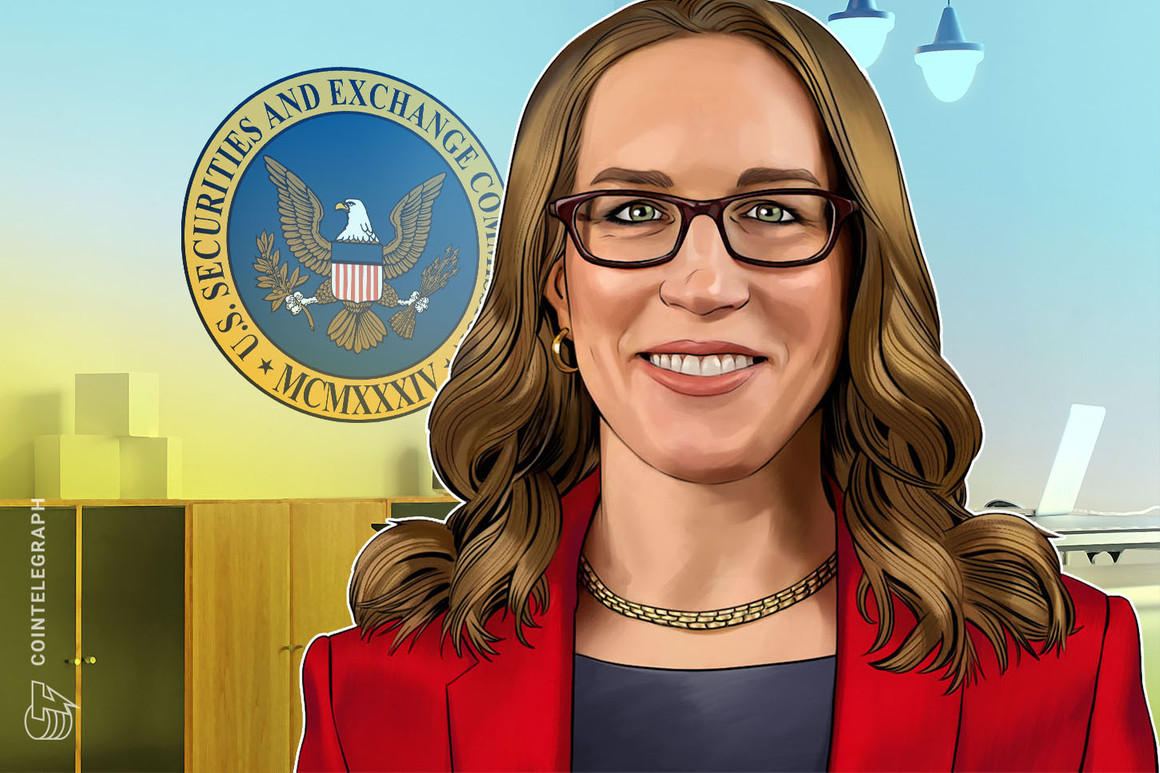
Cryptocurrency laws in the United States should be “reserved” and not regulate the technology as though every use is financial, a commissioner at the U.S. Securities and Exchange Commission has argued.
On June 29, Commissioner Hester Peirce — dubbed “Crypto Mom” — appeared remotely at Australian Blockchain Week and was asked how she would regulate crypto, answering:
“I think we have to make sure that whatever regulatory framework you have doesn’t just assume that everything is a financial asset.”
Peirce explained while crypto is thought of in “very financial terms,” other uses exist, such as enabling people to interact without requiring a centralized entity.
“That’s useful in the financial context, but it’s also useful in building a social media platform or whatever else,” she said.
Protecting investors is important, but the government needs to have a good reason to prevent people from investing their own money as they choose: https://t.co/QgPm38iSrp
— Hester Peirce (@HesterPeirce) June 27, 2023
Peirce believes any legal framework should take “a reserved approach” but include “enough clarity that people feel that they can try things.”
“There is something to be said for not putting a framework in place that is so inflexible that it doesn’t accommodate the new uses of crypto and blockchain.”
In a seeming swipe at the SEC’s current approach — which many have criticized including Peirce — the commissioner said the laws “can’t be reserved then, all of a sudden, [regulators] come in five years later with a bunch of enforcement actions.”
Related: Gary Gensler is hurting the little guys for Wall Street
Asked about her crypto advocacy, Peirce said she thinks the SEC “can do better” and believes if she can’t speak freely, “then I don’t know why I’m in that position.”
“Crypto presents [the SEC] an opportunity to rethink how we approach innovation […] I really think we’ve been taking an approach that is not appropriate,” she said.
Alluding to the collapse of FTX and the allegations of misconduct that followed, Peirce advised the crypto industry to undertake self-regulation and pay attention to counterparty risks, conflicts of interest and leverage.
“Those are things you don’t need a government regulator to tell you to do, but I think government regulators can play a role in that.”
Magazine: Bitcoin 2023 in Miami comes to grips with ‘shitcoins on Bitcoin’
